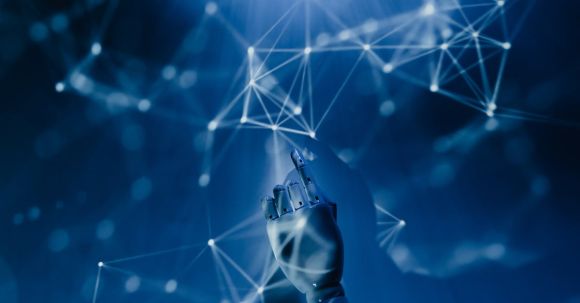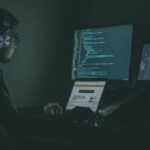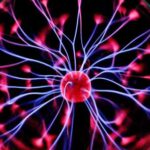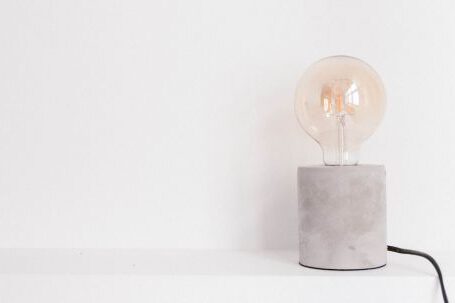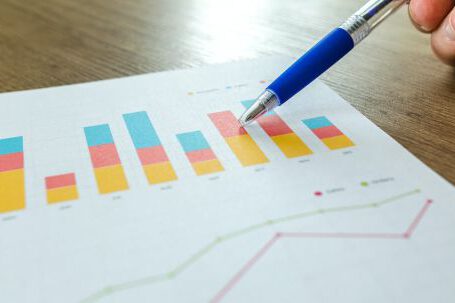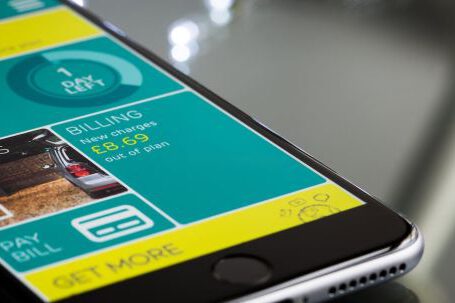Artificial Intelligence (AI) has come a long way in recent years, with advancements in machine learning and deep neural networks enabling AI to perform tasks that were once thought to be exclusively human. However, one question that still remains unanswered is whether AI will ever be able to fully replicate human creativity. Can a machine truly possess the ability to think outside the box, come up with original ideas, and produce works of art that rival those created by humans? In this article, we will explore this intriguing topic and delve into the possibilities and limitations of AI in the realm of creativity.
AI’s Current Capabilities
AI has already made significant strides in various creative domains. For instance, AI algorithms have been developed that are capable of composing music, writing poetry, and even painting. These AI-generated works have often been met with admiration and astonishment, leading some to believe that machines are indeed on the path to attaining human-like creativity. However, it is important to note that these AI systems are not truly creative in the same way that humans are.
The Missing Ingredient: Consciousness
One of the fundamental aspects of human creativity is the presence of consciousness. It is our subjective experience, emotions, and unique perspectives that fuel our creative endeavors. AI, on the other hand, lacks this conscious awareness, making it difficult for machines to replicate human creativity in its entirety. While AI can mimic certain aspects of creativity based on patterns and algorithms, it lacks the deeper understanding and emotional connection that humans possess.
Beyond Replication: The Emergence of AI-Aided Creativity
Rather than attempting to fully replicate human creativity, AI has the potential to enhance and aid the creative process. By analyzing vast amounts of data and generating insights, AI can serve as a valuable tool for artists, designers, and other creative professionals. With AI’s ability to quickly generate ideas and provide alternative perspectives, it can act as a catalyst for human creativity, pushing boundaries and opening up new possibilities.
The Unpredictable and Serendipitous: Human Creativity
One of the defining characteristics of human creativity is its unpredictability and serendipitous nature. Humans can make connections and generate ideas that are unexpected and novel, often drawing inspiration from unrelated domains. This ability to think laterally and make intuitive leaps is a challenge for AI systems, as they rely on predefined algorithms and patterns. While AI can simulate creativity to a certain extent, it may struggle to replicate the truly innovative and groundbreaking ideas that humans are capable of producing.
The Ethical Implications
As AI continues to advance, questions of ethics and ownership arise. If an AI system is able to generate a piece of music or artwork that is indistinguishable from something created by a human, who should be credited as the creator? Should AI-generated works be protected by copyright laws? These are complex questions that require careful consideration and discussion as AI’s creative capabilities evolve.
The Future of AI and Creativity
While AI may never fully replicate human creativity, there is no denying its potential to transform and augment the creative process. As AI technologies continue to advance, it is likely that we will see more collaborations between humans and machines, resulting in new and exciting forms of artistic expression. The key lies in recognizing and embracing the unique strengths and limitations of both humans and AI, working together to push the boundaries of creativity and innovation.
In conclusion, AI has made remarkable progress in various creative domains, but replicating human creativity in its entirety remains a challenge. The absence of consciousness and the unpredictable nature of human creativity pose significant obstacles for AI systems. However, rather than striving for complete replication, AI has the potential to enhance and augment human creativity, acting as a valuable tool in the creative process. As AI continues to evolve, it is important to consider the ethical implications and embrace the unique collaboration between humans and machines. The future of creativity lies not in AI replacing human creativity, but in humans and AI working together to push the boundaries of what is possible.
